by Bill Sheate
It’s Mental Health Awareness week (15-21 May 2023) and the spotlight is on ‘anxiety’.
How can CBH help you with anxiety whatever walk of life you are in?
CBH draws on tried and trusted evidence-based techniques for managing stress and anxiety, for changing your approach to stressful situations and building greater psychological flexibility for long-term resilience. Below I’ve provided the links to just a few of my popular blog post topics, the things that often initiate people seeking out therapy or support. If something resonates for you don’t hesitate to get in touch to arrange an assessment and conceptualisation session - no obligation to further sessions. But it might just help you to understand better what is going on and why. Clients often find that first session can be so helpful and therapeutic in its own right…… [Read more]
by Bill Sheate
Why a PhD peer support group?
Following Mental Health Awareness Week (week ending 31 May 2023), on 7 June I’m launching (and will facilitate) a new online PhD peer support group, open to any PhD/Doctoral student from any higher education institution.
The PhD/Doctoral Researcher Peer Support Group is open to any full or part-time student at any stage of a PhD/doctorate from any higher education institution and any discipline. It is aimed at addressing mental health and well-being issues, the sharing of PhD experiences, challenges at various stages of doctoral research, supervision problems etc. So may issues encountered by PhD/Doctoral research students are shared across disciplines and subjects, because doing a PhD is an unusual situation to find yourself in, as I’ve discussed before (see Rising to the mental health challenges of doing a PhD). Each meeting lasts 1.5 hrs every 2 months; attendance can be regular or occasional….. [Read more]
by Bill Sheate
……While all around you are not!
I’m reluctant to suggest this might be my last Coronavirus blog on the subject – it is likely to be for 2020 at least! I never anticipated a series when I posted the first one back in March this year [1]. But Covid-19 continues to dominate the headlines – with the recent end of a second lockdown, new tiered levels of restrictions, the start of the first vaccinations, Christmas holidays and maybe a third lockdown after that (seems quite likely!)? How are you supposed to navigate the deluge of information, different restrictions and competing claims? How is this continuing to impact on your own mental health and well-being - as a student or as a member of staff? …..[Read more]
by Bill Sheate
The only thing that’s certain is uncertainty…..
The current Coronavirus (Covid-19) pandemic has all the characteristics needed for generating high levels of concern and worry among the public and creating even more stress among those who already suffer from anxiety:
Uncertainty about what might happen
How might we be affected?
How severe might the impact be?
Concern about friends/love ones
Anxiety about the short- and medium-term future (e.g. if supposed to be taking exams, doing assignments, research, career, loss of work/income, paying bills, buying food)
All of these are key aspects of the coronavirus situation that cause us to ‘worry’……..[Read more]
by Bill Sheate
‘Mindful learning’ – transforming life-long learning
I have recently written a blog post for the UK College of Hypnosis and Hypnotherapy on the importance of a mindful learning approach to higher education, rather than a fixation on outcomes.
Mindful learning is a major focus for me in the resilience skills training I deliver to undergraduates and postgraduates (taught and research). Here is a short extract from that post, which you can read in full here:-
Pefectionism - the real challenge
“Exam performance and school league tables. They seem to be the key driver now for our primary and secondary education system – the need to deliver results. Unfortunately, this ill-prepares young people for a future of good mental health and well-being, let alone for university or life-long learning. Students effectively become ‘performers’ for the benefit of the school, often at the expense of their own personal mental health.
At university, students perpetuate a learning style ‘perfected’ at school for GCSEs and A Levels, cramming knowledge with the sole objective of excelling at exams. Which of course many do, very well (often at great cost to their own self-worth). But ………. ” [read more]
by Bill Sheate, 25 June 2019
Recent blog post for UK College of Hypnosis and Hypnotherapy
Following on from my previous blog post Eco-anxiety and the state of the planet I’ve recently written a further post on eco-anxiety for the UK College of Hypnosis and Hypnotherapy. Click on the link to read further.
“Little did I expect, when I trained as a cognitive behavioural hypnotherapist, that my background in ecology and environmental policy would cross over so directly into my therapy practice. But the rising tide of ‘eco-anxiety’ means I am seeing an increasing presentation of this form of anxiety in my clinic……”
by Bill Sheate
Understanding Eco-anxiety
Do you feel helpless yourself in your own actions? What’s the point?
Do you fear for future generations?
Is this anxiety affecting all aspects of your life, your motivation to do things, to interact with friends and family?
Then you may well be suffering from eco-anxiety ……. Read more
by Bill Sheate
Practical Mindfulness for Everyday Living workshop now booking for 15 October 2018 6.00-8.30pm
An evening (2.5 hours) practical workshop that introduces you to simple mindfulness techniques and practices that you can integrate into daily living, and that doesn't require you to meditate every day! The workshop complements the self-hypnosis half-day workshop that was run earlier in September, but is also standalone……..
by Bill Sheate
Exam performance is not the only - and may not be the best - measure of success
Rob Rinder - in his recent comment piece (17 August 2018) for the London Evening Standard "Failing to get the exam results you want could be the best thing that happens to you — just look at me" - hit the nail on the head. As he said:
"I am convinced that the more pressure we place on the single moment of exam results, the more we detract from nurturing the intellectual and emotional range that turns young people into successful adults and good citizens…….”
…….
by Bill Sheate
Workshops now booking
Two complementary workshops are now booking: Self-Hypnosis (half-day) (15 September 2018) and Practical Mindfulness for Everyday Living (evening) (15 October 2018)……..
by Bill Sheate
Stress is rife throughout universities
Rightly, student mental health is often now making headline news, with the need for better provision for students' well-being as they move from home to university settings, and throughout their time at university and in response to the demands and expectations upon them. Sometimes forgotten in all this is the fact that university staff - academic, research and administrative staff - also suffer from stress, anxiety, depression and a host of other mental health issues………
by Bill Sheate
Universities UK publish Minding Our Future report on student mental health
Universities UK - the umbrella group for universities - have just published (11 May 2018) a new report Minding Our Future: starting a conversation about the support of student mental health which sets out proposals for creating 'place-based' local partnerships among universities, local authorities, local NHS providers. and third sector services. This is a worthy ambition to create more joined-up mental health services for students at university and to try to prevent people slipping through the net………….
by Bill Sheate
A cry for help.....
A recent IPPR study reported in The Guardian has found suicides among UK university students at record levels (The Guardian, 2 September 2017 - Suicide is at record level among students at UK universities, study finds).
We have known for a long time about rising demand for university counselling services and a common assumption is that it is a response to rising student debt due to tuition fees and that universities need to invest more in those services. Well, yes, they do, but the issue is far more fundamental than that on at least two different levels..........














